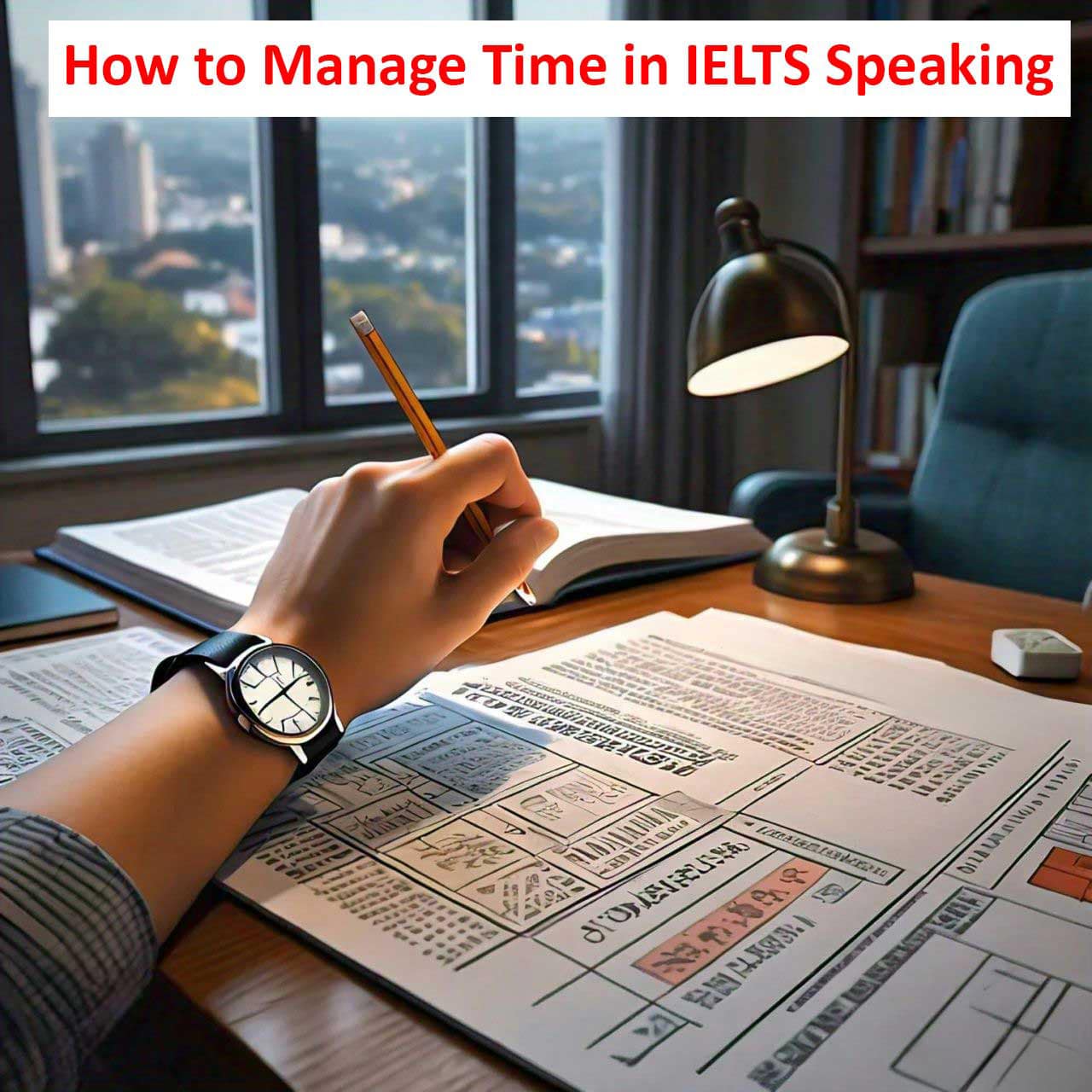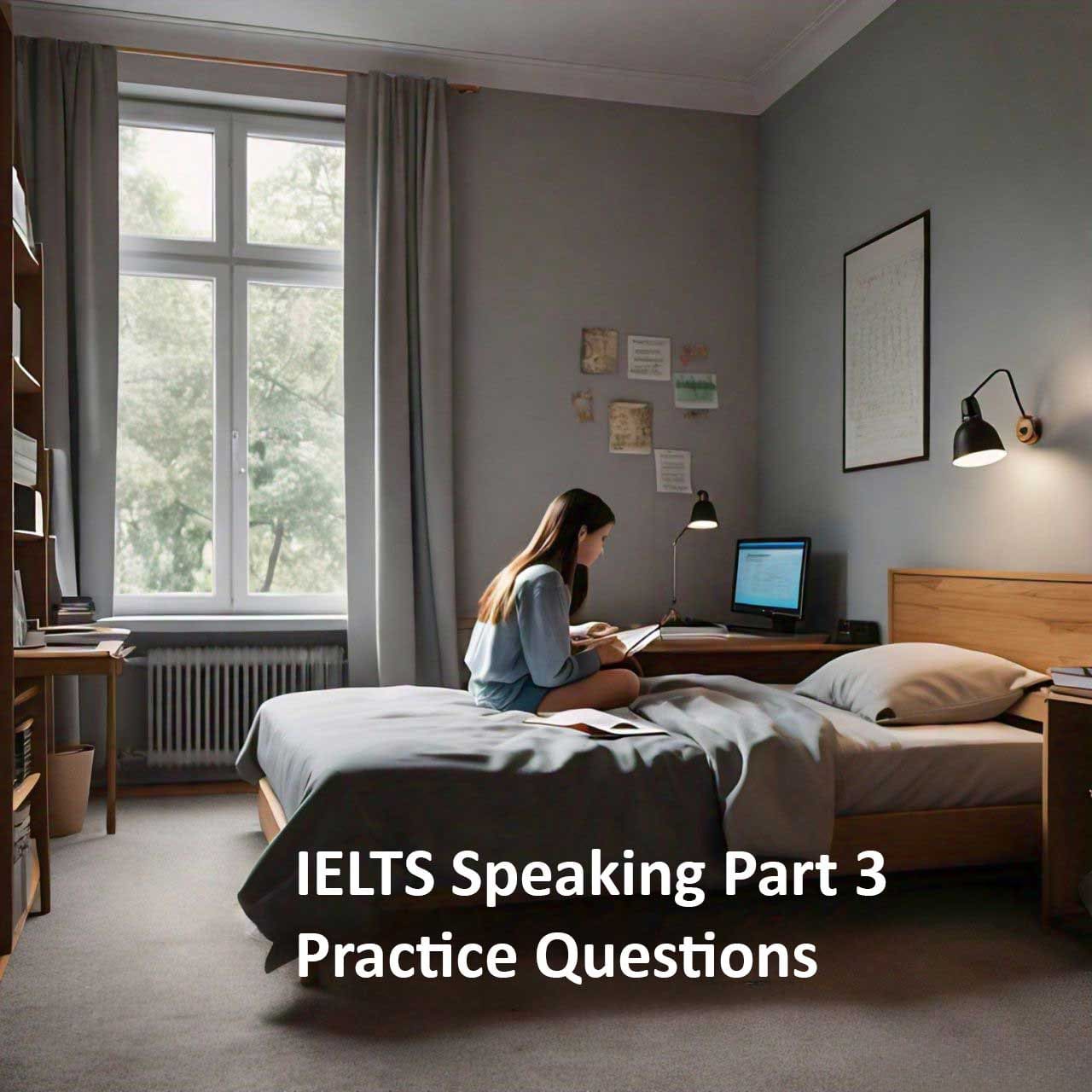The IELTS Speaking test is designed to assess your ability to communicate effectively in English, covering a range of topics to gauge your fluency, coherence, pronunciation, and vocabulary. One popular topic that often comes up is music and arts. In this blog post, we’ll explore how to talk about music and arts in the IELTS Speaking test, providing you with useful vocabulary, tips, and sample questions to help you prepare.
Table of Contents
Understanding the IELTS Speaking Test
The IELTS Speaking test consists of three parts:
1. Part 1: Introduction and Interview – The examiner will ask you general questions about yourself and a range of familiar topics such as home, family, work, studies, and interests.
2. Part 2: Long Turn – You will be given a card with a topic and a set of questions. You have one minute to prepare and then need to speak for up to two minutes on the topic.
3. Part 3: Discussion – The examiner will ask you more abstract questions related to the topic in Part 2, encouraging you to discuss and elaborate on your opinions and ideas.
Talking About Music
Vocabulary and Phrases
Here are some useful vocabulary words and phrases related to music:
– Genres: Classical, rock, pop, jazz, hip-hop, folk, electronic, country, reggae, blues
– Instruments: Guitar, piano, violin, drums, saxophone, flute, cello, trumpet
– Descriptive words: Melodic, rhythmic, upbeat, soothing, energetic, harmonious, soulful, catchy
– Actions: Listening to, playing, composing, performing, singing, attending concerts
– People: Musician, singer, composer, conductor, band, orchestra, choir
Sample Questions and Answers
Part 1:
– Q: What kind of music do you like?
A: I enjoy a variety of music genres, but my favorite is jazz because I find it relaxing and it helps me focus when I’m working.
– Q: Do you play any musical instruments?
A: Yes, I play the guitar. I’ve been playing since I was a teenager, and I find it a great way to unwind after a long day.
Part 2:
– Q: Describe a concert you recently attended. You should say: when and where it was, what type of music was played, and how you felt about it.
A: I recently attended a rock concert at a local arena last month. The band played a mix of classic rock and their original songs. The atmosphere was electric, and I felt incredibly energized and excited. The live performance was amazing, and the crowd’s enthusiasm made the experience unforgettable.
Part 3:
– Q: How has the way people listen to music changed over the past few decades?
A: The way people listen to music has changed dramatically with the advent of technology. In the past, people relied on vinyl records, cassettes, and CDs. Nowadays, digital streaming services like Spotify and Apple Music have made it easier to access a vast library of music instantly. Additionally, portable devices like smartphones allow people to listen to music on the go.
Talking About Arts
Vocabulary and Phrases
Here are some useful vocabulary words and phrases related to arts:
– Types of Art: Painting, sculpture, photography, installation art, performance art, digital art, street art
– Art Movements: Renaissance, Baroque, Impressionism, Cubism, Surrealism, Modernism, Abstract
– Descriptive words: Creative, expressive, vibrant, thought-provoking, innovative, traditional, contemporary
– Actions: Creating, exhibiting, admiring, interpreting, critiquing, appreciating
– Places: Museum, gallery, studio, exhibition, art fair
Sample Questions and Answers
Part 1:
– Q: Do you enjoy visiting art galleries?
A: Yes, I love visiting art galleries. It’s a great way to spend an afternoon and appreciate the creativity and talent of various artists. I particularly enjoy contemporary art galleries because they often showcase innovative and thought-provoking pieces.
Part 2:
– Q: Describe a piece of art that you like. You should say: what it is, who created it, and why you like it.
A: One of my favorite pieces of art is “Starry Night” by Vincent van Gogh. This famous painting depicts a swirling night sky over a quiet town. I love the vibrant colors and the emotional intensity of the brushstrokes. It captures the beauty of the night in a unique and captivating way.
Part 3:
– Q: How important is art in society?
A: Art plays a crucial role in society as it reflects cultural values, beliefs, and experiences. It fosters creativity and innovation, promotes critical thinking, and can be a powerful tool for social change. Art also provides an emotional outlet and can bring people together, creating a sense of community and shared experience.
Tips for Talking About Music and Arts
1. Expand Your Vocabulary: Familiarize yourself with a wide range of vocabulary related to music and arts. This will help you express your ideas more clearly and accurately.
2. Practice Describing: Practice describing different types of music and art, as well as your reactions to them. This will help you articulate your thoughts more effectively during the test.
3. Stay Current: Keep up with current trends in music and arts. Being able to discuss contemporary artists, musicians, and cultural events can make your responses more relevant and engaging.
4. Be Opinionated: Don’t be afraid to share your opinions and personal experiences. The examiner is interested in your ability to express and support your ideas.
Final Thoughts
Talking about music and arts in the IELTS Speaking test can be enjoyable and engaging if you are well-prepared. By expanding your vocabulary, practicing your descriptive skills, and staying current with trends, you can confidently discuss these topics and impress the examiner. Remember, the key to success in the speaking test is practice and confidence. Good luck with your IELTS preparation!



